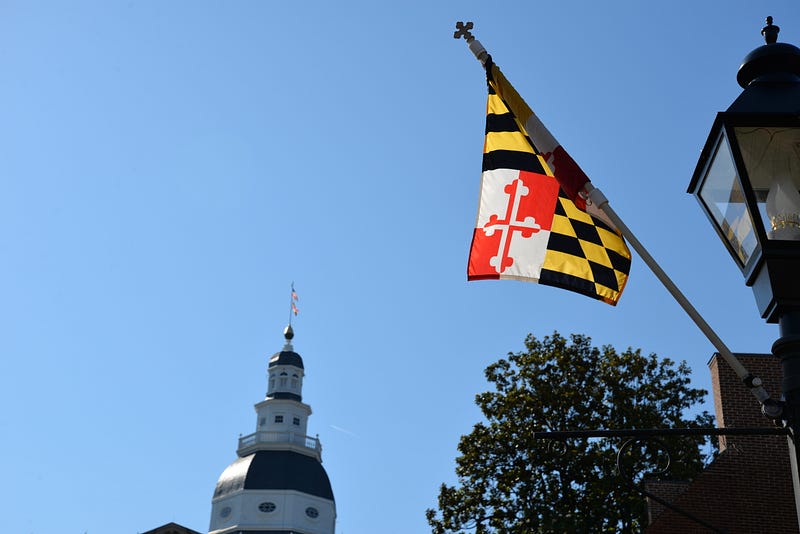Explainer: Adding Transparency to Selecting the State Superintendent
Bill would add extra vetting and oversight to selection of state superintendent

Maryland’s 6 million residents wouldn’t settle for a governor whose policies, positions, and background weren’t fully vetted before election. With nearly a million Marylanders — approximately 895,000 students and 100,000 educators — in public schools, the state has a huge responsibility to a unique constituency who would constitute a major voting block if they all could vote. They all deserve the best governance possible from the state superintendent, who profoundly influences their lives and workplace.
Because of the state superintendent’s weighty responsibility, it’s time to make them subject to the same vetting that all other cabinet-level appointments undergo. House Bill 1634 would require that the state superintendent be appointed with the advice and consent of the Senate.
Currently, state superintendent is the only cabinet-level appointed position that does not require Senate review. Under current law, a governor’s hand-picked State Board of Education hires the state superintendent. Why should this cabinet member, out of two dozen more thoroughly and transparently vetted members, be singled out for exemption?

House Bill 1634 not only would require Senate confirmation, but, to support a level playing field, also prohibits the appointment of an individual as state superintendent if the individual is, or during the immediately preceding year was, a member of the State Board of Education.
To lead an education system that includes nearly a million educators and students encompassing every possible demographic, a state superintendent should undergo at least some scrutiny from elected representatives, and not be the result of one person’s influence. The selection of the chief executive of the state’s education system is no place for political favoritism and lack of transparency. It must be a position filled by an education expert of the highest caliber, integrity, and qualifications.
House Bill 1634 would assure that no matter the political winds, a state superintendent would have some review by a broader panel that is more representative of the constituency under her or his authority.

